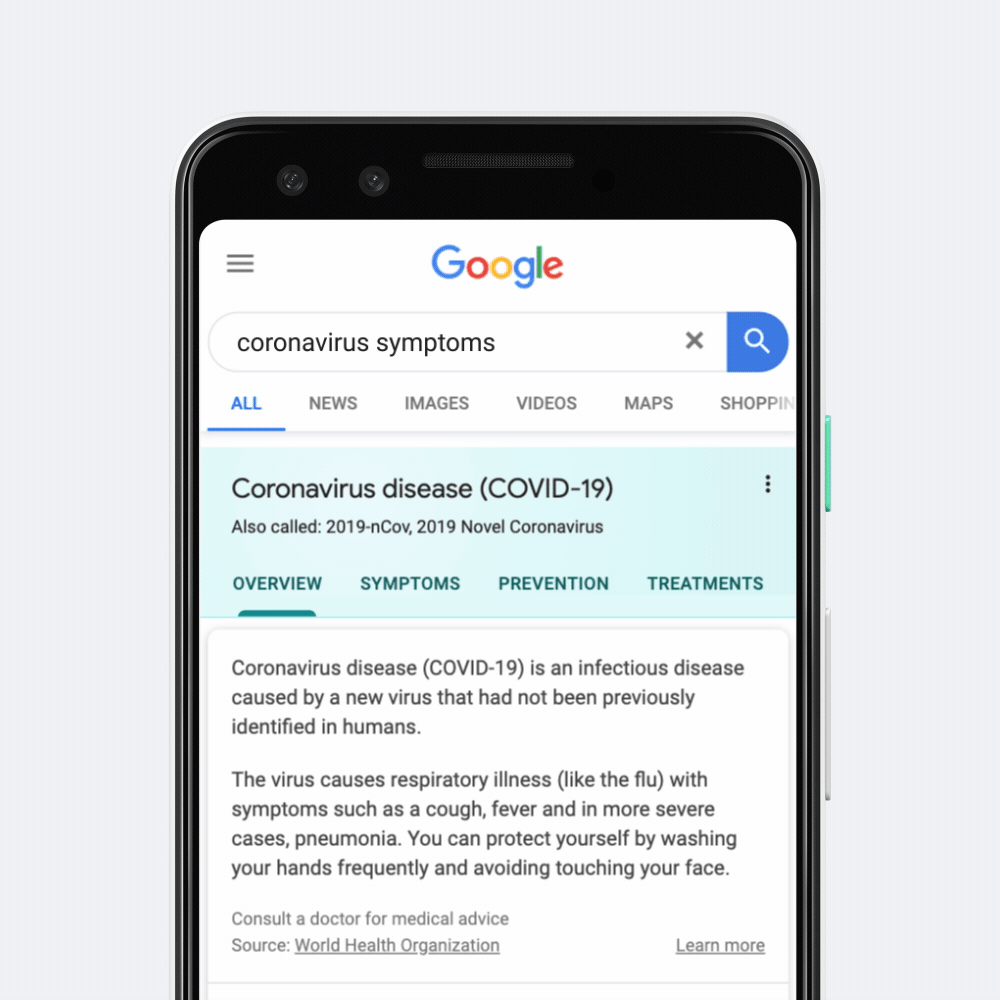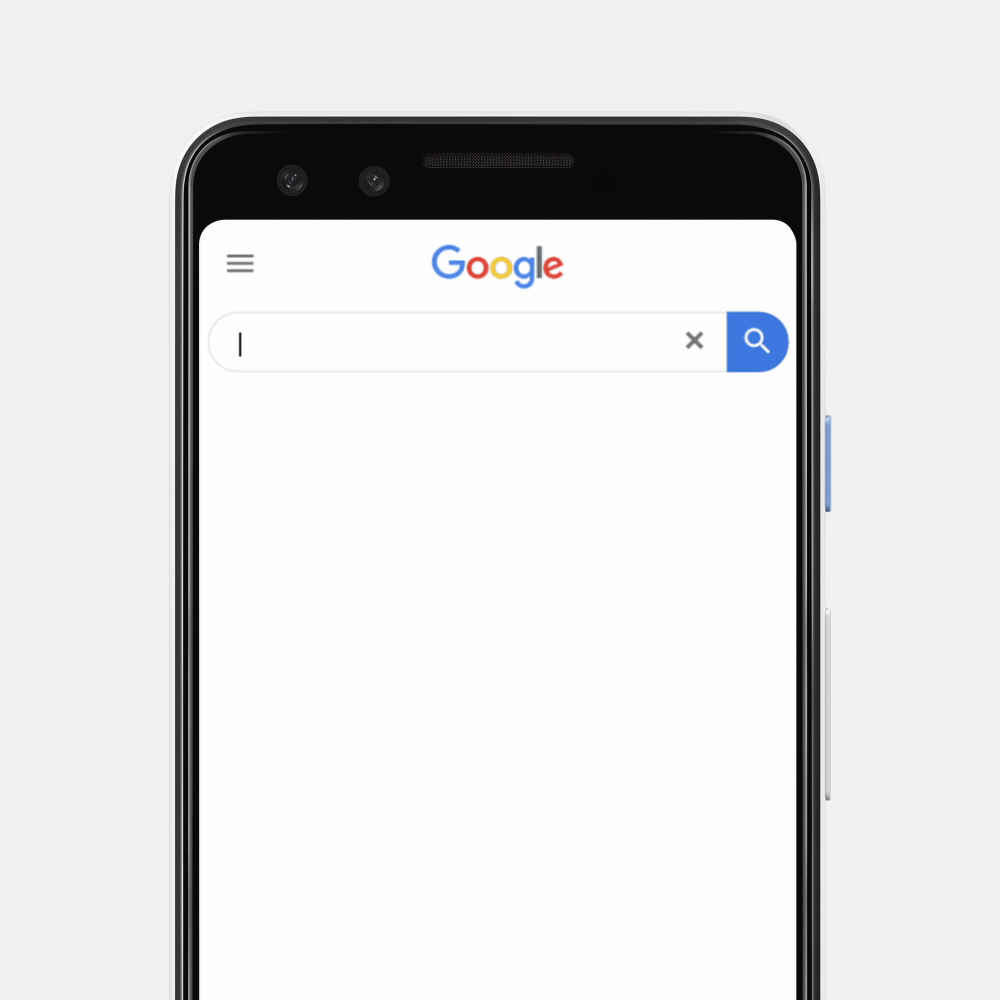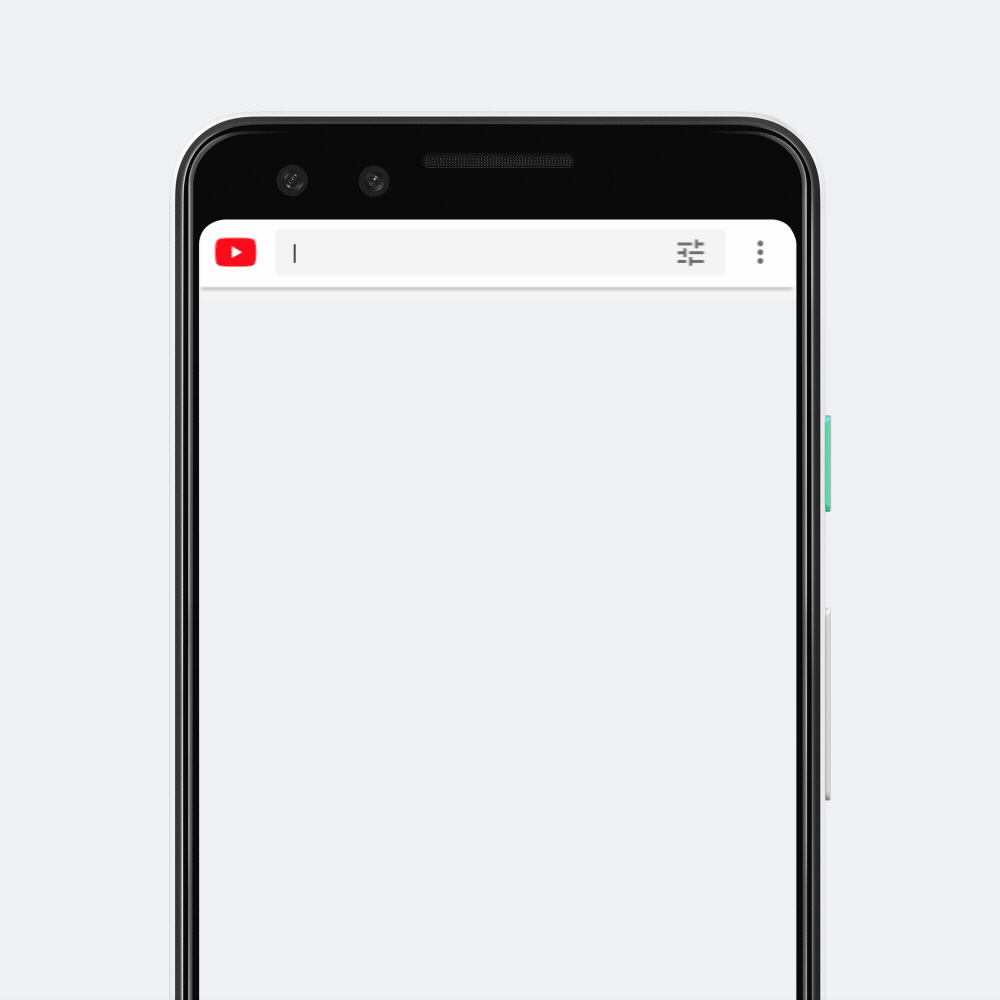The spread of COVID-19, the novel strain of coronavirus, has officially reached pandemic proportions. Doctors, nurses, carers and paramedics around the world are facing an unusual workload in overstretched health facilities. They are working in a stressful and frightening work environment. Communication is everything in this health emergency. Without public health information at our fingertips, many would-be dangerously under-informed about the scale and severity of the issue.
Over the past few weeks, we’ve been seeing that lockdown laws are being imposed on various parts of the world and social distancing is being promoted. The Internet & Internet Related Services are enhancing lives by acting as a vital public service and connecting people in creative and positive ways. It is both a lifeline and a crucial force in helping to control the spread of the virus, providing important public health information and helping us live virtually when meeting physically threatens human lives.
However, at present, we’re not only fighting an epidemic but also an infodemic. Fake news, medical misinformation and conspiracy theories spread faster and more easily than the virus, and is just as dangerous. To control this, the internet’s largest social network companies have issued a joint statement on the coronavirus COVID-19 outbreak. They have promised to fight the fraud and curb misinformation shared on their platforms. Facebook, Google, YouTube, LinkedIn, Instagram, Twitter, etc co-signed the statement. These platforms are also providing free access to coronavirus news.
In this blog, we are discussing the major steps social media platforms have taken to get critical information to their billions of users.
Google has launched a website, developed in partnership with the governing bodies of respective governments, to provide information and resources about the pandemic. It includes prevention tips, a map of areas affected by the outbreak and links to local health agencies, which are available in different languages.
For people specifically looking for information about symptoms, prevention or treatments, they have included a COVID-19 knowledge panel.
Google searches related to coronavirus show an “SOS Alert” banner, followed by news from mainstream outlets and information from recognized health organizations and governments.
As part of the measures taken to give out reliable information during this pandemic period, Google has disabled app searches for ‘coronavirus’ on Google Play Store, their mobile app store. They are also removing misleading information and fake reviews about healthcare locations from Google Maps, using a combination of automated and manual review systems.
In addition to that, Google My Business will not be publishing any new reviews, review replies, or new Q&A until further notice whereas existing reviews, review replies, and Q&A will be visible. This is because they want to make sure that the information provided is valid and from trusted sources. Their support team will prioritize reviewing new listings, claims, and verifications for critical health-related businesses only. Since Google is prioritizing critical services, other types of businesses can expect a delay in the publication of new listings, claims, and verifications.
As the world’s largest social media platform, Facebook is running a ‘Coronavirus Information Center’ for better information sharing with their audience. It is an initiative to help people find information and tips, on top of existing measures introduced to beat scams, ads and other sources of misinformation. When users search for ‘coronavirus’, Facebook shows a banner directing them to the WHO or their national health organization. Ads that attempt to exploit the outbreak by selling ‘miracle cures’ or medical face masks at grossly raised prices are banned.
Facebook has created a Messenger Coronavirus Community Hub with tips and resources to help users recognize scams and misinformation and prevent their spread. As people spend more time online due to social distancing measures, Facebook also launched its digital literacy program named “Get Digital” to help young people develop the necessary skills to safely navigate the internet.
Youtube
YouTube has also promised to promote verified, informative videos of coronavirus information on its homepage. YouTube has also promised to promote verified, informative videos of coronavirus information on its homepage.
[su_youtube_advanced url=”https://www.youtube.com/embed/9cfYC4YLsu4″ autoplay=”yes” mute=”yes” loop=”yes” rel=”no”]
YouTube has introduced information panels from the WHO or to their national health organizations which appear when you search for coronavirus. It is also providing governments and NGOs with free ad space and removing harmful medical misinformation videos. Since most of the people are working from home or either use watching videos for spending their time due to quarantine they have cut down the video quality from HD (1080p & 720p) to SD (480p) to reduce traffic on mobile and broadband networks.
Similar to Facebook and YouTube, Twitter directs users to national health organizations when they search for coronavirus-related terms. It has also pledged to ban ads that exploit the outbreak. Twitter updated its safety policy to announce that it would ban tweets that “could place people at a higher risk of transmitting COVID-19”. The new policy bans tweets denying official guidance, including encouraging “fake or ineffective treatments, preventions, and diagnostic techniques” and misleading posts that pretend to be from authorities or experts. However, they won’t be able to take down every tweet containing misleading coronavirus information. Twitter has promised to provide NGOs with advertising credits to support public health campaigns.
Rumors and lies are reportedly running wild in WhatsApp group chats, including through the medium of voice notes. However, due to the Facebook-owned messaging platform’s heavily encrypted structure, these communications can’t be monitored or moderated. But the Facebook messaging service launched the WhatsApp Coronavirus Information Hub, working with the WHO, UNICEF and UNDP to keep its global users informed about the pandemic and thus they can limit the spread of rumors.
WHO launched a chatbot on WhatsApp to help users get accurate information. The service will be available in Arabic, Chinese, French, Russian and Spanish. As well as launching a WHO chatbot, WhatsApp has expanded its collaboration with governments to provide information services on the coronavirus, with the UK and India teaming up with the messaging app to provide information services.
Similar to Facebook, Instagram is also blocking and restricting coronavirus hashtags by rerouting users to public health organizations. A search for #coronavirus shows a pop-up redirecting users to the Centers for Disease Control and Prevention website. Facebook launched a new system, “proactive sweeps” that will remove other hashtags spreading misinformation on Instagram. Instagram is banning ads that exploit the crisis. It has also banned users from searching for filters with COVID-19 themes unless they were made in partnership with recognized health organizations.
Besides this, the platform has added educational resources in Instagram Search, as well as stickers promoting accurate information. Instagram has also expanded its donation sticker to more countries to help connect users with nonprofits. They have created a “Stay Home” shared story encouraging those practicing social distancing to virtually connect.
In this extreme case of COVID-19 interventionism, the Chinese social media and the messaging app has been widely censoring coronavirus-related content, including critical and neutral information. With broad censorship rules that block messages containing hundreds of coronavirus keywords and keyword combinations.
TikTok
The most popular video-sharing app across the world, Tik-Tok has guidelines that prohibit content that could be harmful. Like all other social media platforms, when users search for ‘coronavirus’ they are presented with a WHO banner.
In the midst of a public health crisis, not only health workers but all major social media platforms have become an important player during the coronavirus outbreak. Social media platforms are finding ways to offer authoritative information to help people. The most effective way to fight this spread is for everyone to practice social distancing while being virtually connected


